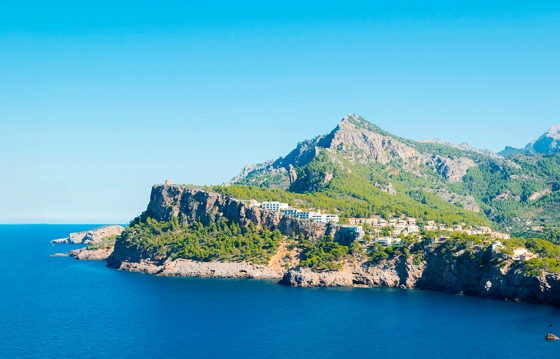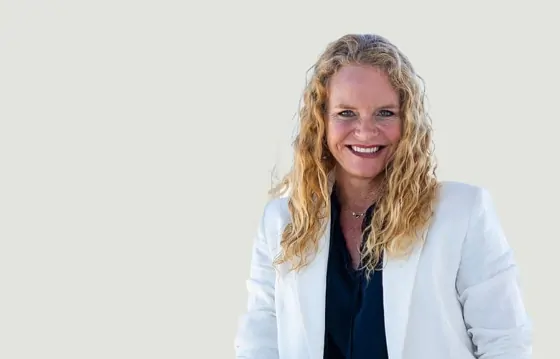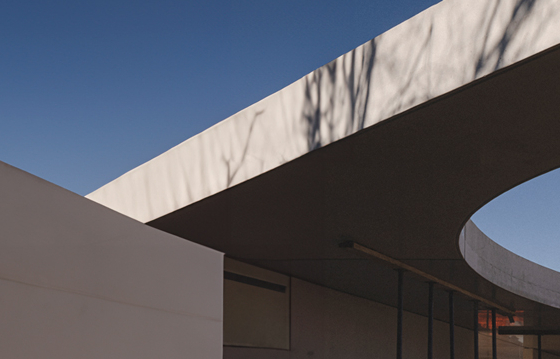Setting The Rural Trend in Mallorca Real Estate: Interview with Christina Deutsch, License Partner Engel & Völkers Mallorca Central & South
When it comes to real estate in Mallorca, few names have the reach, reputation, and deep-rooted knowledge of Engel & Völkers. With decades of experience and a strong presence across the island, the firm is known for its ability to understand and anticipate evolving market trends. One of the most interesting shifts in recent years has been the growing demand for rural properties and estates in the heart of Mallorca. At the forefront of this movement is Christina Deutsch, License Partner of Engel & Völkers Mallorca Central & South. A long-time resident and early adopter of the rural lifestyle, Christina has an insightful perspective on how the rural market has evolved and what international buyers are truly seeking when they move inland.
How did buyer interest in rural areas change after the pandemic? What were the most noticeable differences compared to previous years?
The pandemic had a profound impact on the way people view living spaces. As more people worked remotely, there was a dramatic shift in the demand for larger, more secluded properties that offered more space and privacy. The allure of the countryside, with its open spaces and proximity to nature, became even more pronounced. Compared to previous years, we saw a significant increase in interest from international buyers seeking tranquility, fresh air, and an environment that fosters well-being. Many buyers began prioritizing lifestyle over proximity to urban hubs, which led to this resurgence of interest in rural Mallorca. It’s a lifestyle change, not just a location change.
Who is the typical buyer of rural property today? Have you seen a shift in nationality, lifestyle goals, or age group?
The typical buyer of rural property today is often someone who values privacy, space, and a connection to nature. Interestingly, we’ve seen an influx of buyers from the UK, Germany, and even Scandinavian countries, who are drawn to Mallorca’s beautiful rural areas for both personal and professional reasons. Lifestyle goals have certainly shifted as well — many are seeking a slower pace of life, away from the hustle and bustle of city living. In terms of age, we’ve noticed a wider range of buyers, from younger families looking for a healthier, more sustainable lifestyle, to retirees searching for peace and tranquility.
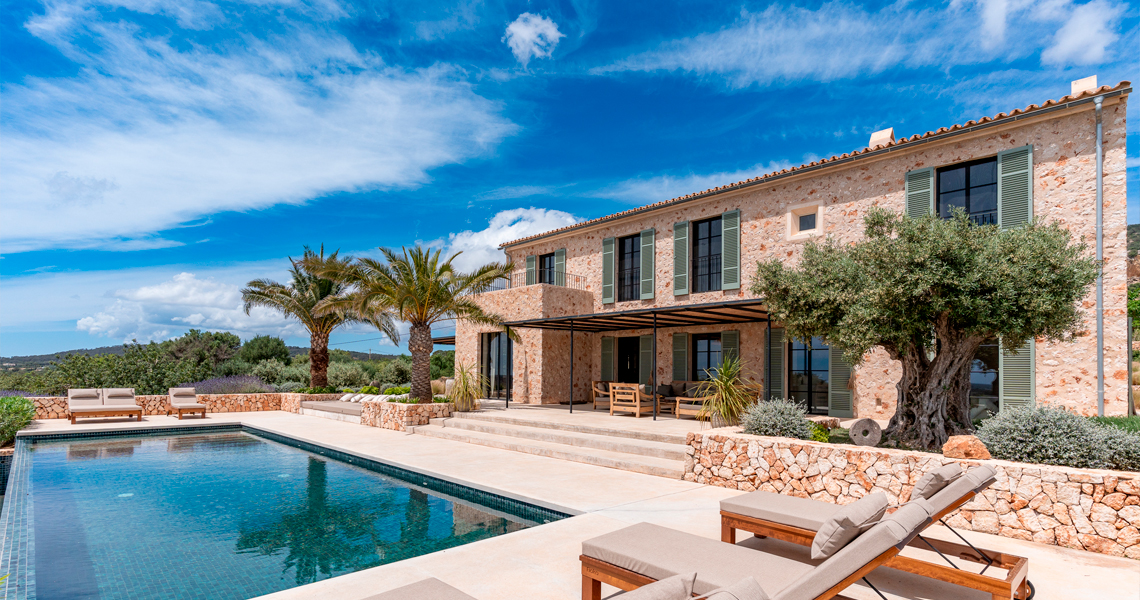
How would you describe the current rural real estate market in Mallorca? Are prices increasing at the same rate as in coastal areas?
The rural real estate market in Mallorca is incredibly dynamic right now. While coastal areas tend to be more well-known and therefore attract a lot of attention, the rural market has gained significant momentum, especially in the last few years. Prices have indeed been increasing, but the rate of growth varies depending on the location and the property itself. Rural estates are catching up in certain sought-after locations, particularly those with easy access to the capital. It’s important to remember that rural properties, especially those with unique characteristics, offer exceptional long-term investment potential.
Considering that rural areas often have limited services and resources; do you think people tend to romanticize countryside living?
It’s true that rural areas can sometimes have fewer immediate services, but this idea of “romanticizing” countryside living isn’t entirely accurate. In fact, even though some of these properties are further from Palma, Mallorca has an excellent infrastructure, with all the essential services scattered throughout the island. Many rural areas are well-connected and offer convenient access to amenities, whether it’s through nearby towns or well-established routes.
What are the main considerations people should bare in mind before moving to the countryside?
Infrastructure, legal land classification, accessibility, water supply, and maintenance costs. Owning rural land can mean wells, septic tanks, and long driveways—each with responsibilities. It’s essential to understand what you’re buying and how it fits your lifestyle.
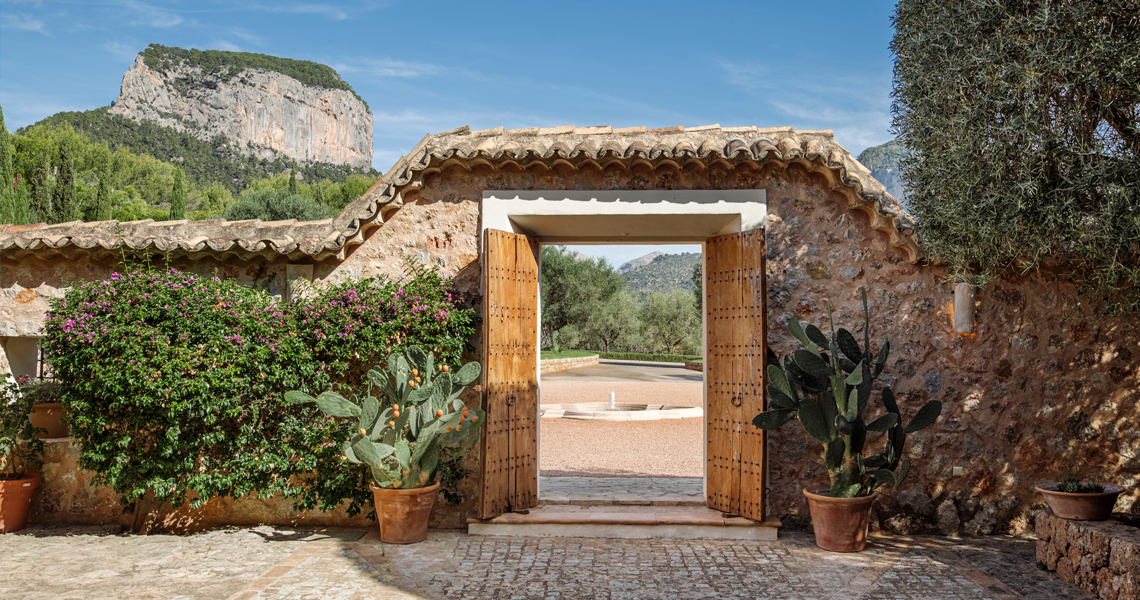
What are the key differences between a luxury villa in Son Vida and a countryside estate in central Mallorca—in terms of lifestyle, maintenance, and investment potential?
Luxury villas in Son Vida are often modern, equipped with top-tier amenities, and positioned in highly sought-after locations close to Palma, making them convenient for buyers who want proximity to the city. They tend to attract buyers looking for a contemporary lifestyle, with the convenience of being near urban hubs. On the other hand, countryside estates in central Mallorca offer a different kind of luxury — one that’s defined by space, nature, and pivacy. These properties often come with larger plots, more privacy, and the ability to cultivate a lifestyle surrounded by nature. Maintenance in these properties can be more demanding, particularly if you’re dealing with older buildings, which might require more attention and investment. However, the investment potential of these properties is strong, particularly as demand for rural estates continues to rise. While coastal properties are closer to the urban energy of Palma, rural estates have access to a well-connected road network, making it easy to reach the city for both business and leisure when needed.
How challenging is it to navigate regulations around rustic land on the island? What advice would you give potential buyers?
Navigating the regulations around rustic land in Mallorca can be complex. It’s essential for buyers to understand that there are strict zoning laws and restrictions on building or altering properties on rustic land. For anyone looking to invest in rural property, I strongly recommend working with an experienced professional who is well-versed in these regulations. It’s also essential to consult with local authorities to ensure that all necessary permissions are in place. It’s important to understand the long-term implications of buying rustic land, especially if you intend to make significant changes or developments.
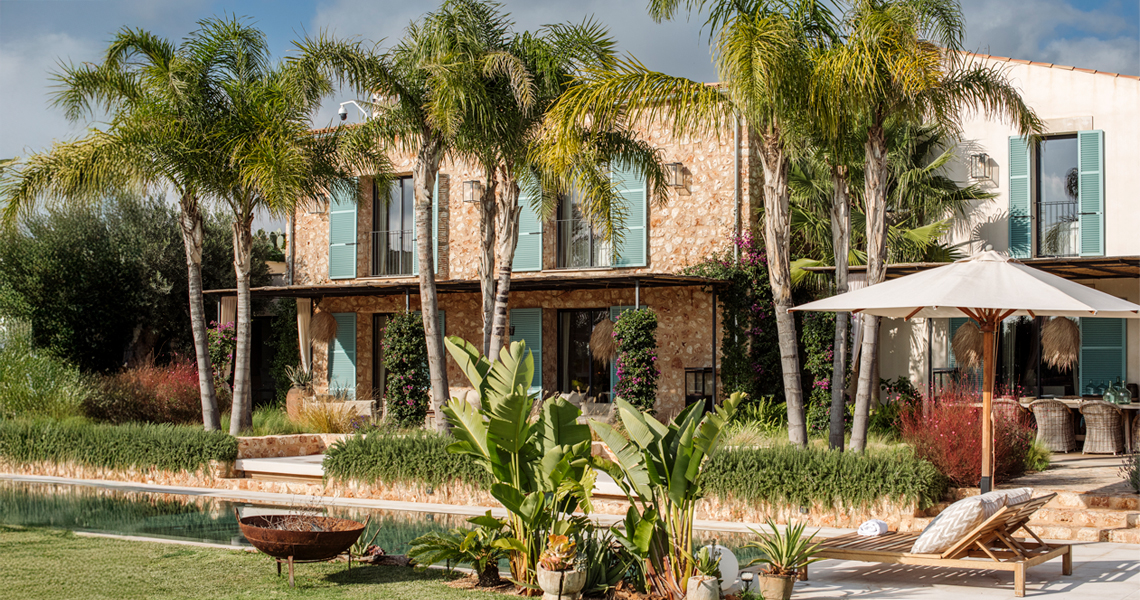
What added value do you see when your clients work with Lionsgate Capital to optimize their real estate investments through tailor-made financing solutions?
Lionsgate Capital brings a unique value to the table by offering bespoke financing solutions that are tailored to each client’s specific needs and goals. In the case of rural properties, where the investment sums can sometimes be substantial, having the right financial structure in place is crucial. Lionsgate Capital’s expertise in providing flexible, customized financing options allows our clients to unlock the full potential of their investments. This added support gives our clients peace of mind and the ability to focus on what really matters — enjoying their new property.
What is it like managing four Engel & Völkers offices across central and south Mallorca? How do you ensure consistency and quality?
Managing four offices is both a challenge and a privilege – and fun! Consistency and quality are absolutely key to our success, and we ensure this by fostering a strong, unified team across all locations. We have a shared commitment to excellence in customer service, attention to detail, and deep local knowledge. I also place a significant emphasis on ongoing training and communication, which helps maintain a high standard across all our offices. Each region has its own character and buyer preferences, so it’s important to tailor our approach while maintaining the Engel & Völkers brand’s high standards.
Do you notice significant differences in buyer behavior or preferences between the central and southern markets?
Yes, there are noticeable differences between the central and southern markets. Central Mallorca tends to attract buyers who are more interested in rural, historical properties and larger estates. These buyers are often looking for privacy, land, and a connection to nature, and the properties in this area offer exactly that. Southern Mallorca, particularly areas like the coastline around Son Veri and Llucmajor, appeals to buyers looking for coastal properties with easy access to the island’s culture, restaurants, and amenities. There’s a bit more of an international, cosmopolitan vibe in the south, with many clients looking for modern luxury homes or apartments.
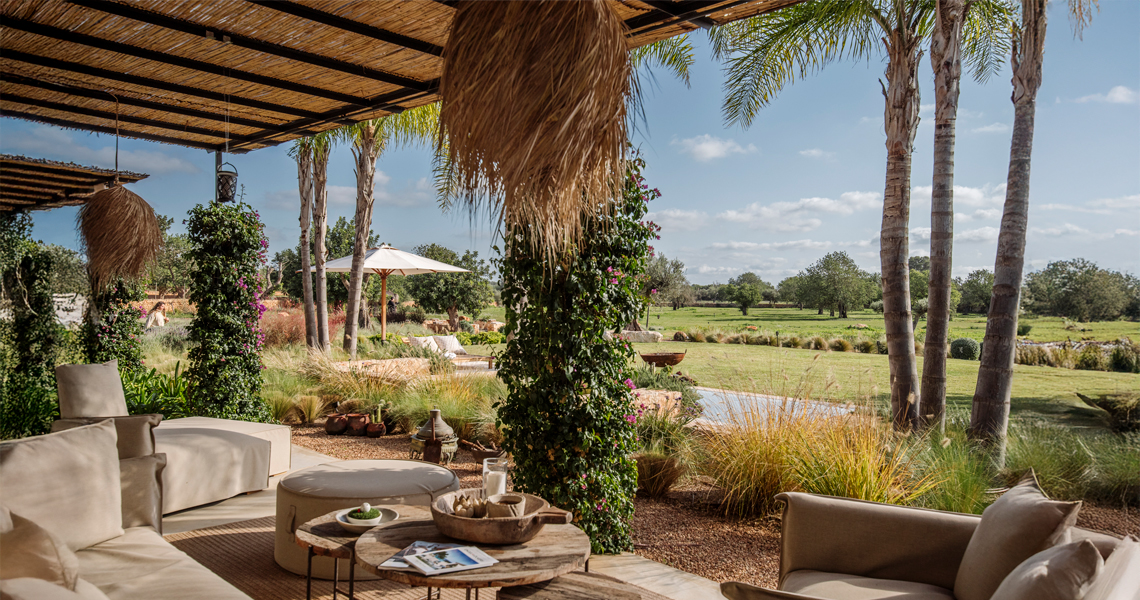
What is your main piece of advice for international buyers considering a rural property on the island?
My advice to international buyers is to take your time. Rural properties can offer an entirely different lifestyle, and it’s important to be fully prepared for the nuances of living in the countryside. Do your research, think about the practicalities, and make sure you understand the long-term commitment that comes with maintaining these kinds of properties. Work with a local expert who understands the market and the regulations. And finally, make sure you visit the area several times before making a decision, so you can truly experience what life would be like in your potential new home. Rural life here is beautiful—but it works best when it’s a well-informed decision.
What is your favorite Sunday plan in Mallorca?
I love spending Sundays at home in the park-like Mediterranean garden —surrounded by my donkeys, chickens, and falabellas. A relaxed brunch with family and friends, a long walk through the fields, and maybe some local wine. It’s peaceful, grounding, and reminds me why I chose this lifestyle.
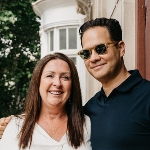
Interview by Juanita Casanas and Drew Aaron
President and Chairman of Lionsgate Capital
Their goal at Lionsgate Capital is to create unparalleled solutions for the most demanding clients and create value through service, making Lionsgate Capital the major player for financing in the Balearic Islands and mainland Spain.
